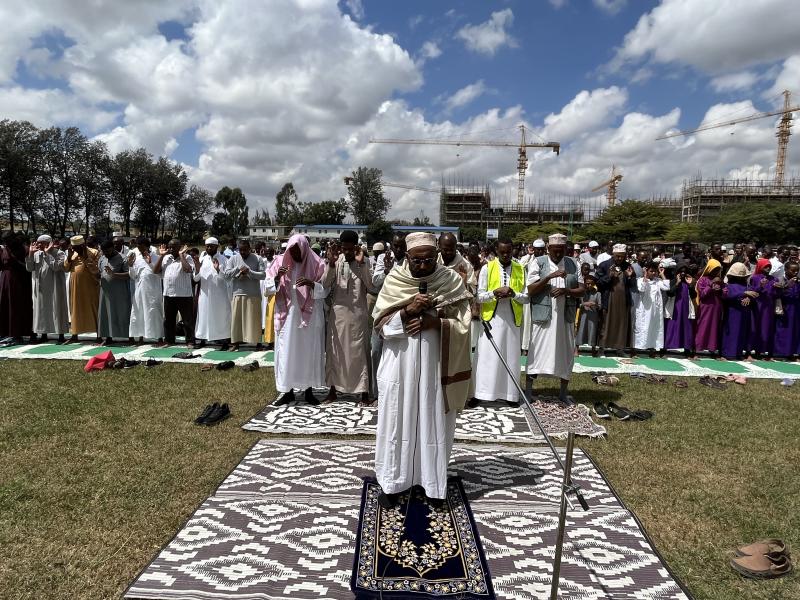×
The Standard e-Paper
Kenya’s Boldest Voice

Muslim faithful gather to hold Salat Istisqa (prayer for rain) in Mombasa's Tononoka Grounds on Sunday. [Ishaq Jumbe, Standard]
As drought and water shortage bites, Muslims have not forgotten the suffering most Kenyans are going through even during the holy month of Ramadhan.